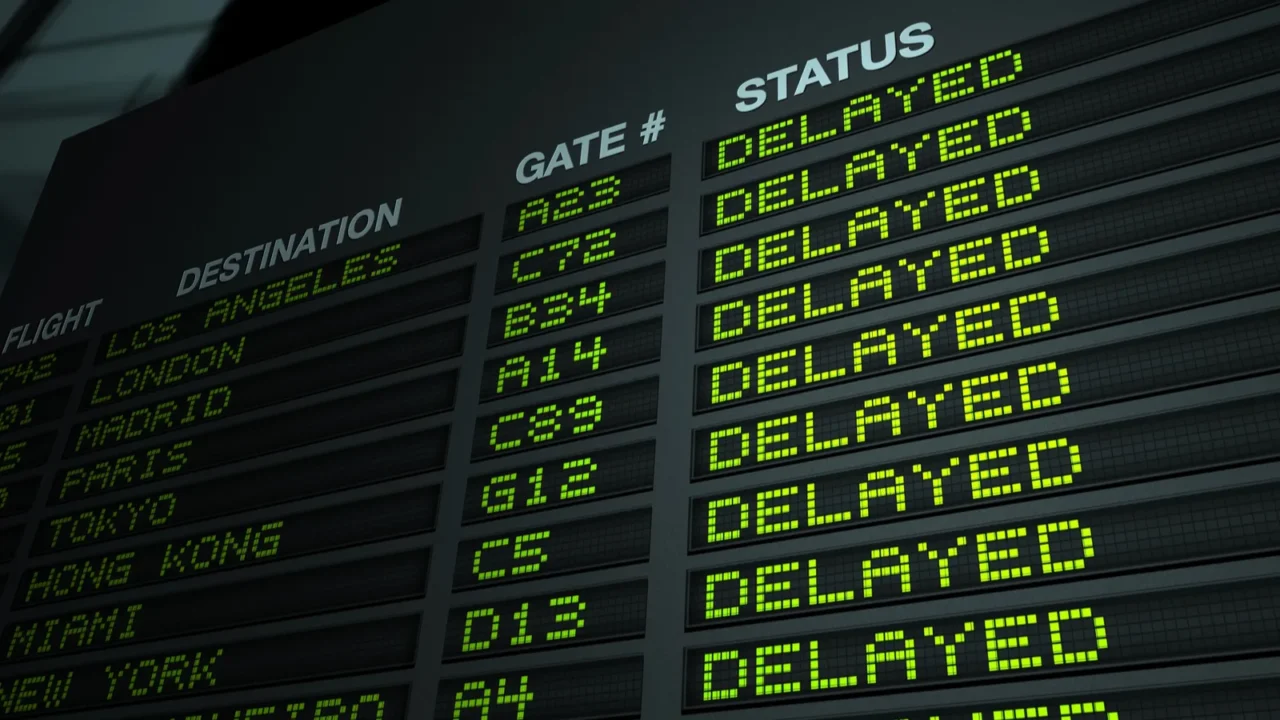
Flight delays may cost you more
Flight delays are never fun, but under new changes, they could now hit your wallet harder. The government has decided not to move forward with a plan that would have forced airlines to pay passengers cash when delays are their fault. This move shifts more risk back onto travelers.
That means you won’t see automatic payouts for hours-long disruptions. Instead, airlines will continue to handle delays and cancellations on their own terms, leaving passengers with fewer guaranteed rights. For many, this could make trip planning feel more uncertain than before.
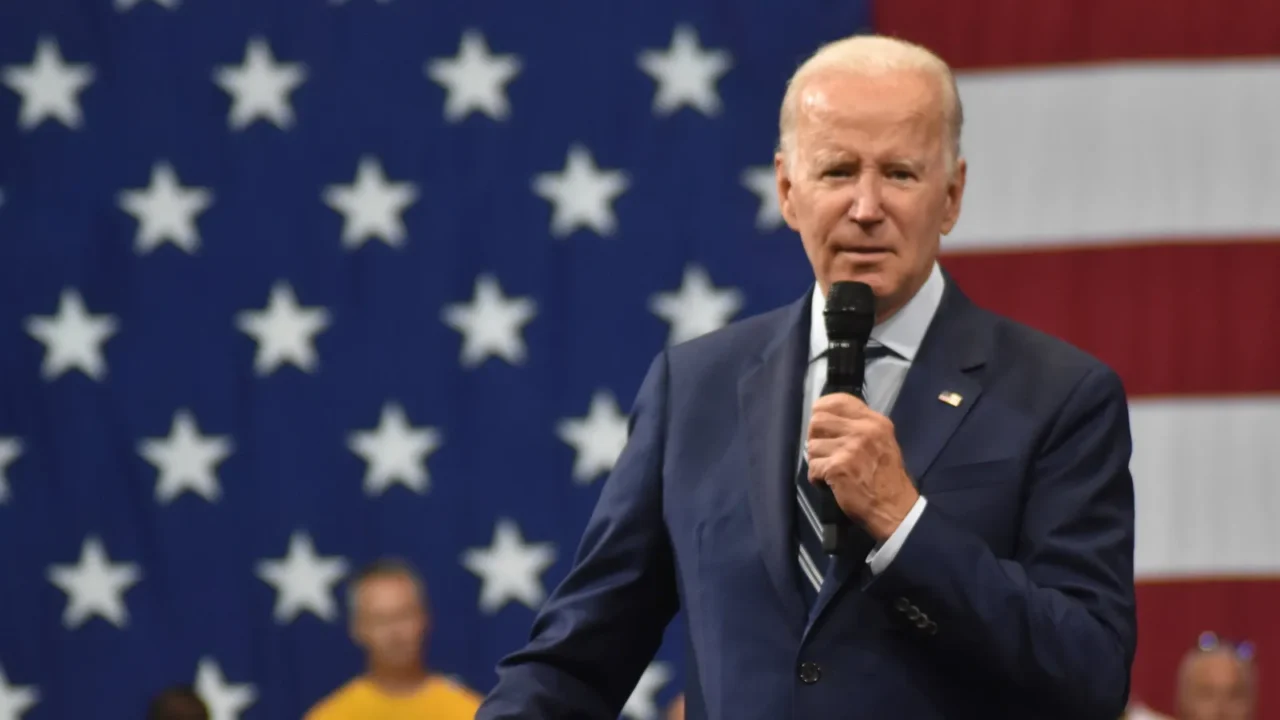
What the Biden plan promised
The original proposal, opened for public comment in December 2024, aimed to make airlines more accountable. Passengers would have received $200–$300 for delays ≥3 hours, $375–$525 for ≥6 hours, and up to $775 for ≥9 hours when the disruption was airline-caused.
It also contemplated free meals and hotel stays and free rebooking on the next available flight, including on other airlines, when disruptions were airline-caused. These benefits were designed to cover the real expenses people face when stranded.
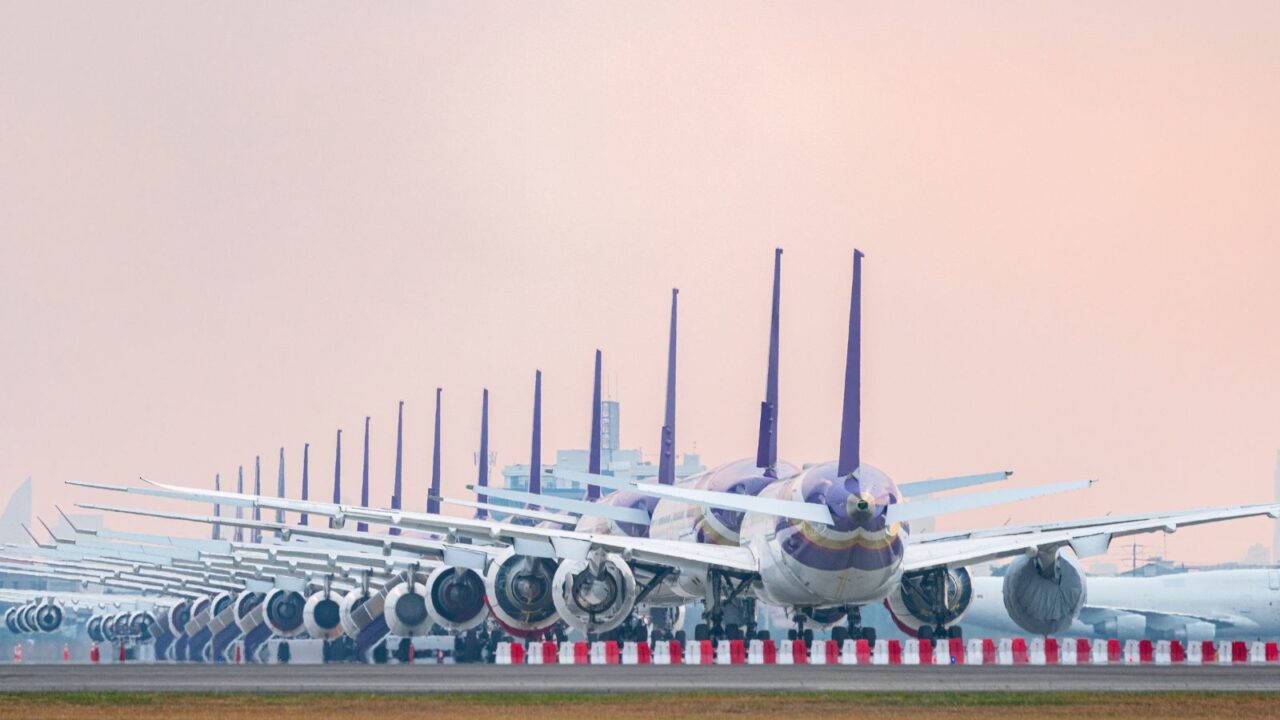
Why airlines pushed back
Airlines argued that the rule would drive up their operating costs. They warned that passengers could end up paying higher ticket prices as companies adjusted to cover possible payouts, especially during busy travel seasons.
Some airlines, including Spirit, argued the plan could create a ‘perverse incentive’ to cancel flights preemptively to avoid penalties.
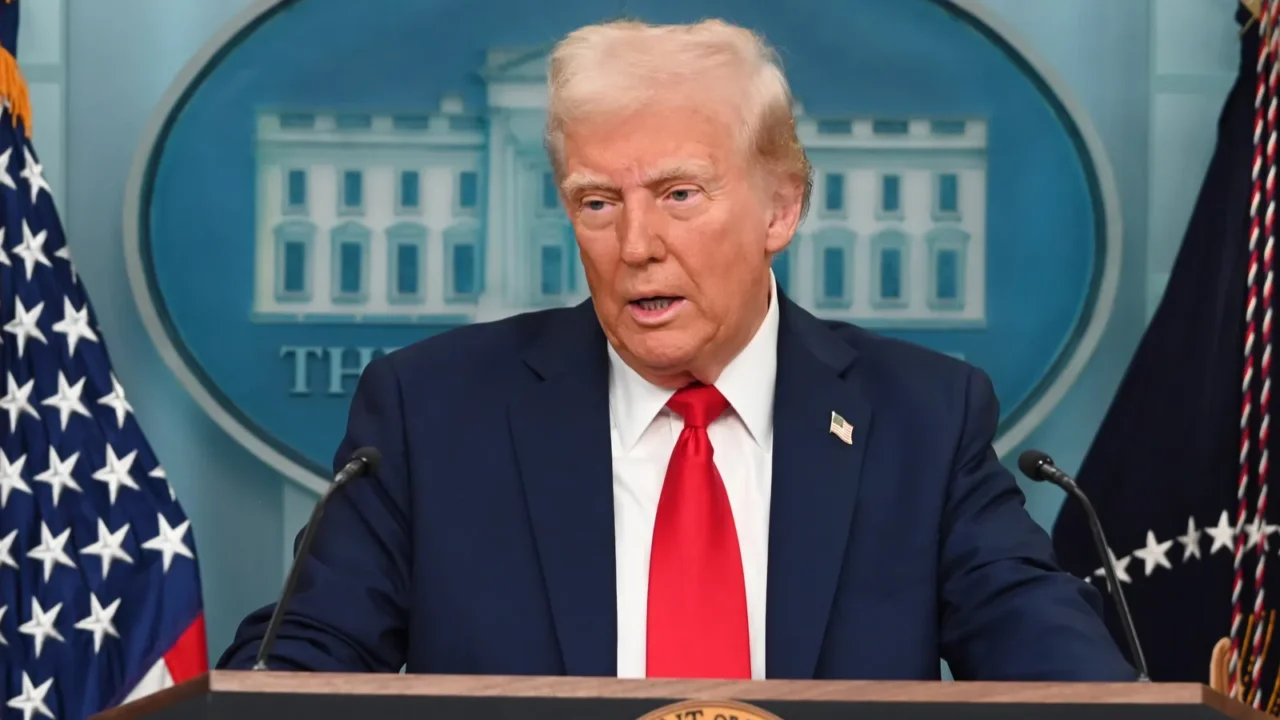
Trump team rolls it back
On September 4, 2025, the Trump administration withdrew the proposal. Officials described the policy as “regulatory overreach” and said it created unnecessary burdens for airlines trying to manage complex schedules.
By removing it, the Department of Transportation aligned itself with the industry’s call for fewer restrictions. This move reflects a broader shift toward deregulation across travel-related policies, which could influence how airlines handle other consumer-facing issues in the future.
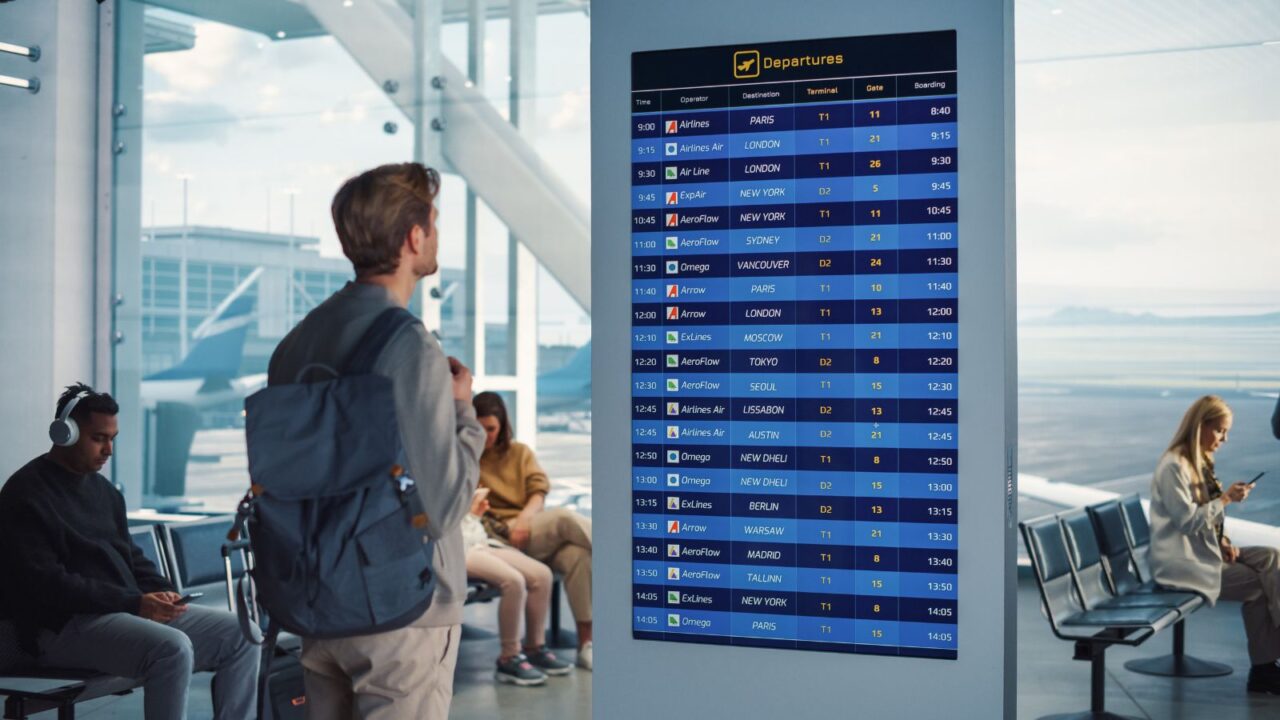
What this means for passengers
For travelers, the change is simple but significant: no guaranteed cash if your flight is delayed or canceled by the airline. Instead, help will vary depending on the airline’s policies, which aren’t always easy to find.
While some carriers may still offer vouchers, meals, or rebooking, nothing is now required by law. This leaves passengers in a weaker position when disruptions happen and may push people to favor airlines with stronger voluntary protections.
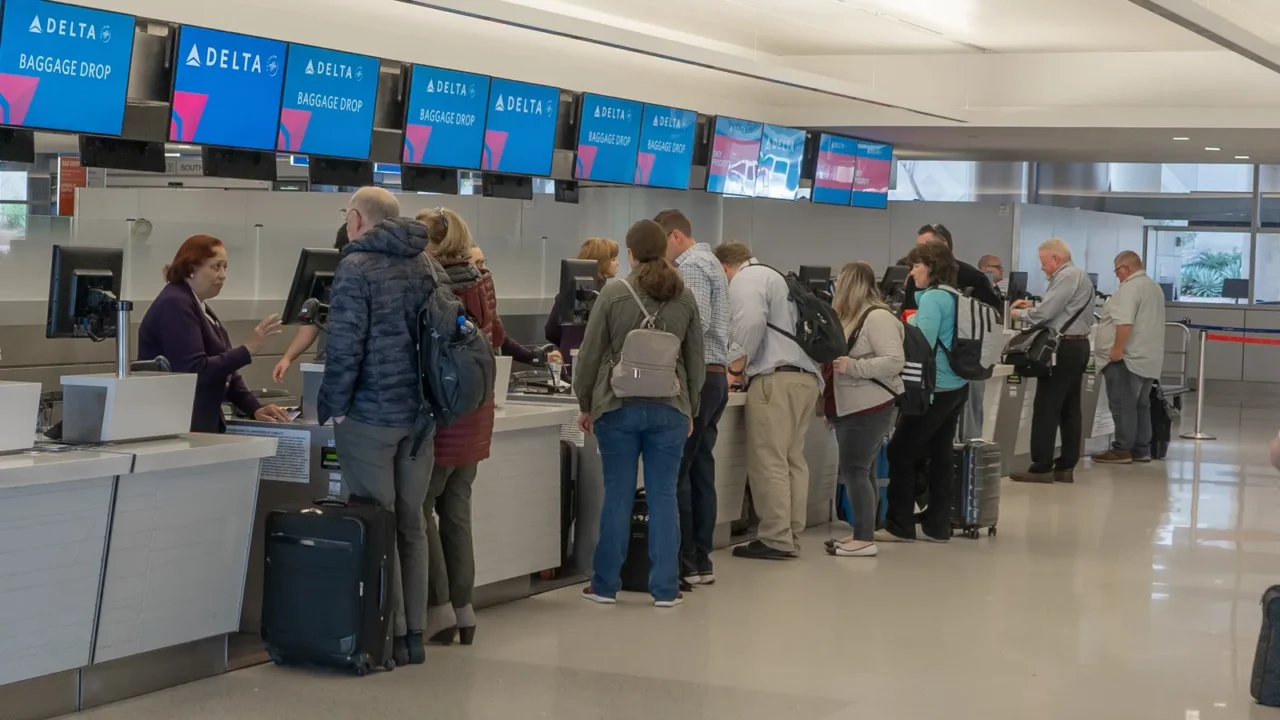
Other protections on the line
The compensation rule isn’t the only policy facing reversal. The DOT is also reviewing rules that required airlines to show upfront fees for things like checked bags and seat selection, which made it easier to compare ticket prices.
Refund rules are also under review, which could change how quickly or easily passengers get their money back for canceled flights. Together, these rollbacks point to a major shift in consumer protections that could reshape the entire air travel experience.
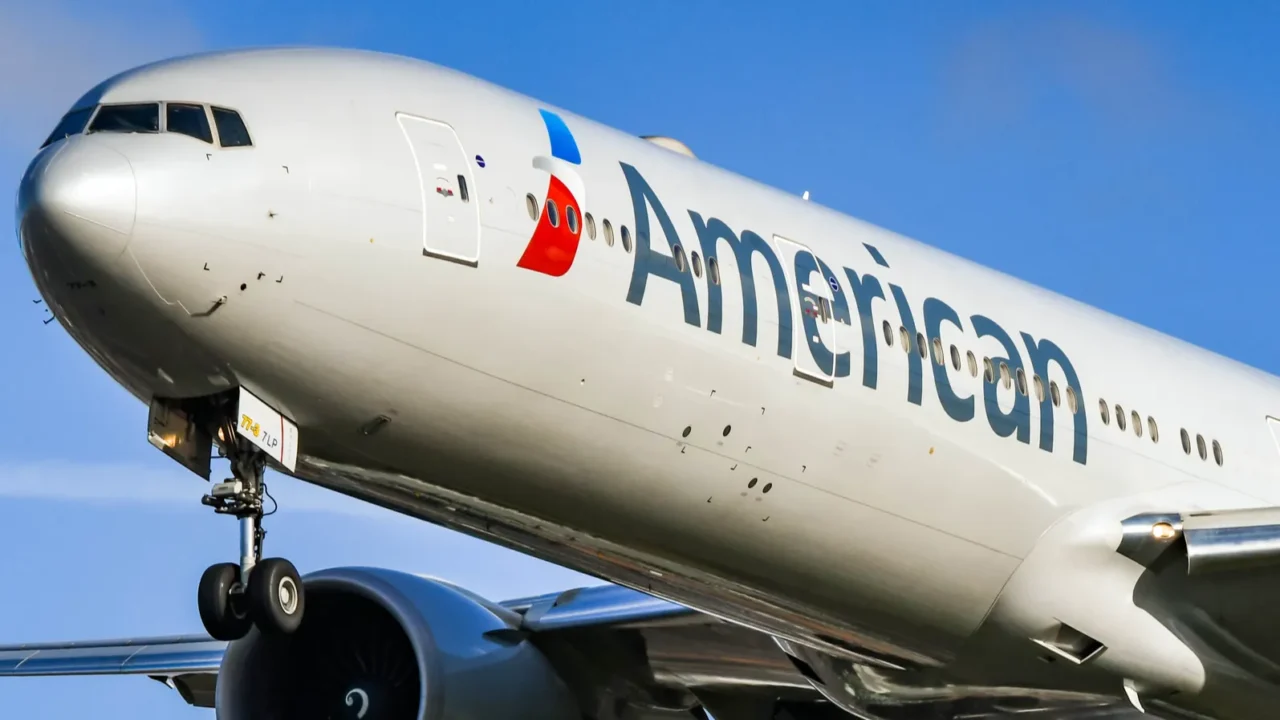
Airlines welcome the decision
The airline industry group, Airlines for America, quickly praised the rollback. They argued that less regulation means smoother operations and potentially lower fares for customers, especially as travel demand keeps rising.
By cutting costs linked to compensation, carriers say they can keep ticket prices more affordable for passengers overall. They also argue that avoiding strict payouts gives them more flexibility to handle unexpected disruptions without facing massive penalties.
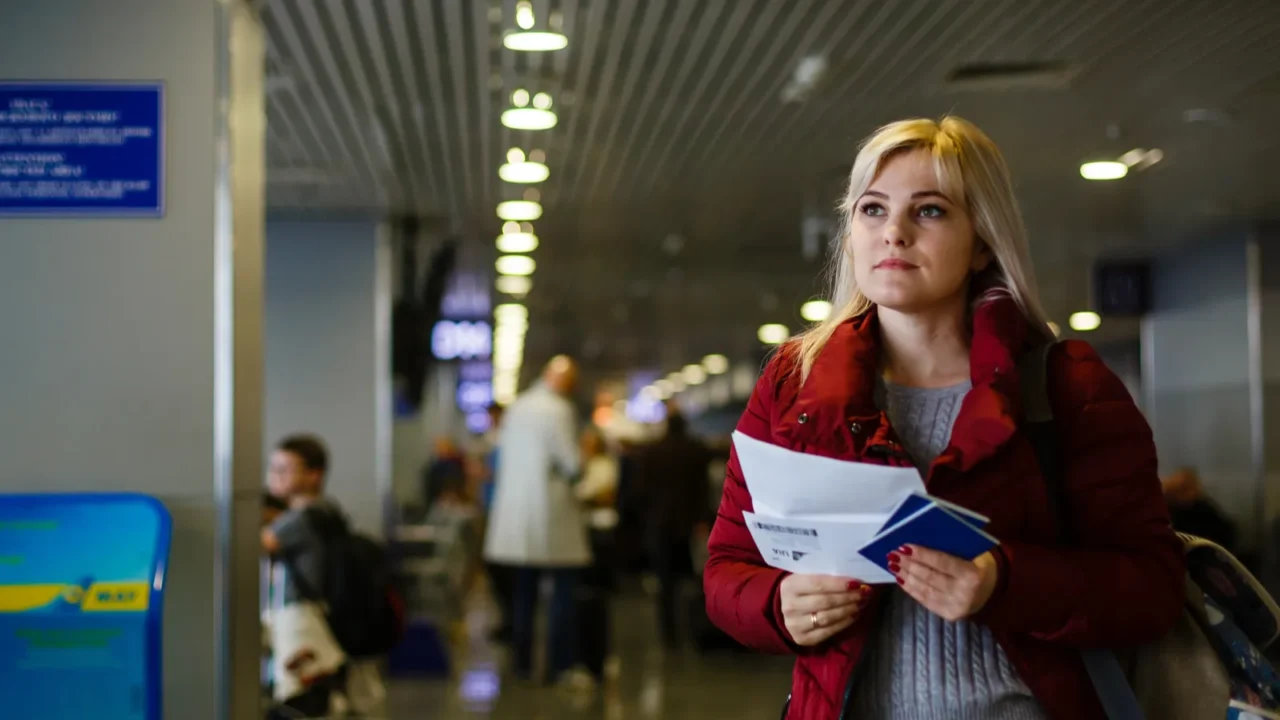
Critics raise red flags
Consumer advocates say this decision leaves travelers vulnerable. They argue that without required compensation, airlines have little reason to prioritize passenger comfort during long disruptions, even when problems are within the airline’s control.
Some also worry that flight delays could become more common if companies face no financial penalty for keeping passengers waiting. Critics believe this shift tilts the balance too far in favor of airlines and leaves travelers with fewer protections than global standards.
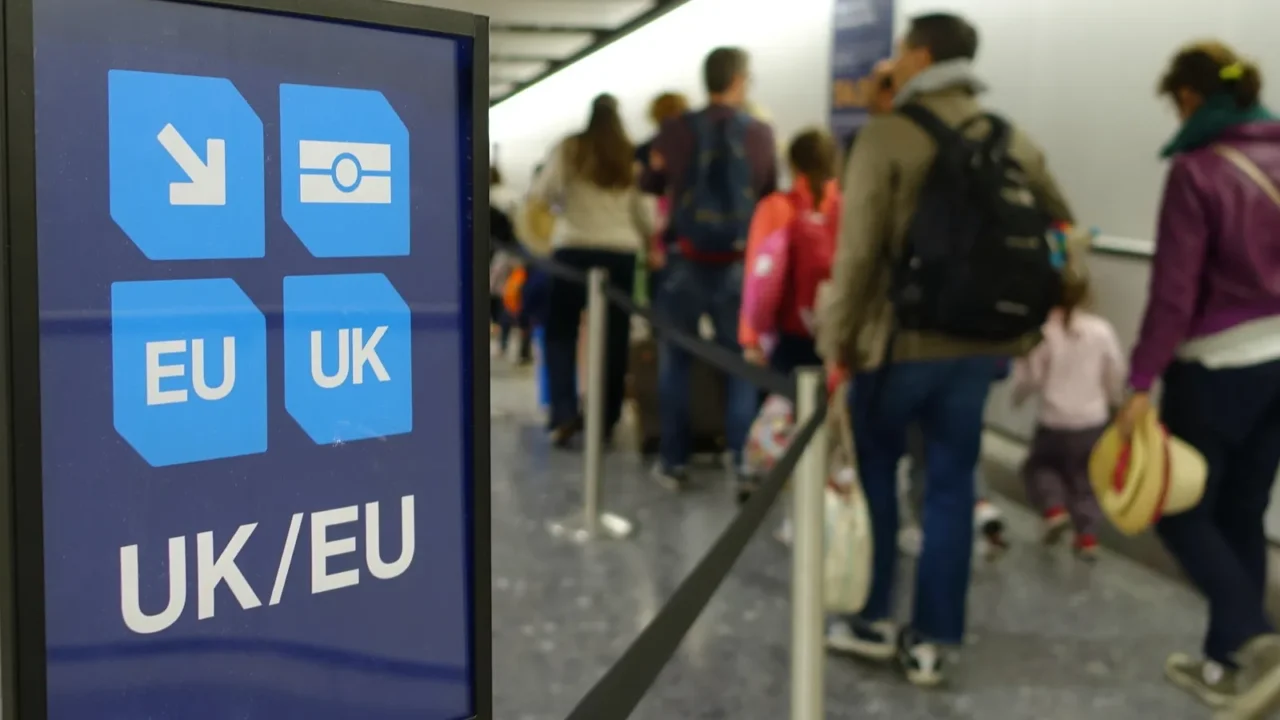
Looking at Europe’s approach
In the European Union, rules are much tougher on airlines. Passengers can get cash for delays of just three hours, sometimes reaching several hundred dollars, depending on distance and length of delay.
These protections have been in place for years, setting a clear example of strong passenger rights. Travelers in Europe know what to expect when disruptions occur, creating more trust in the system compared to the uncertainty U.S. travelers now face.
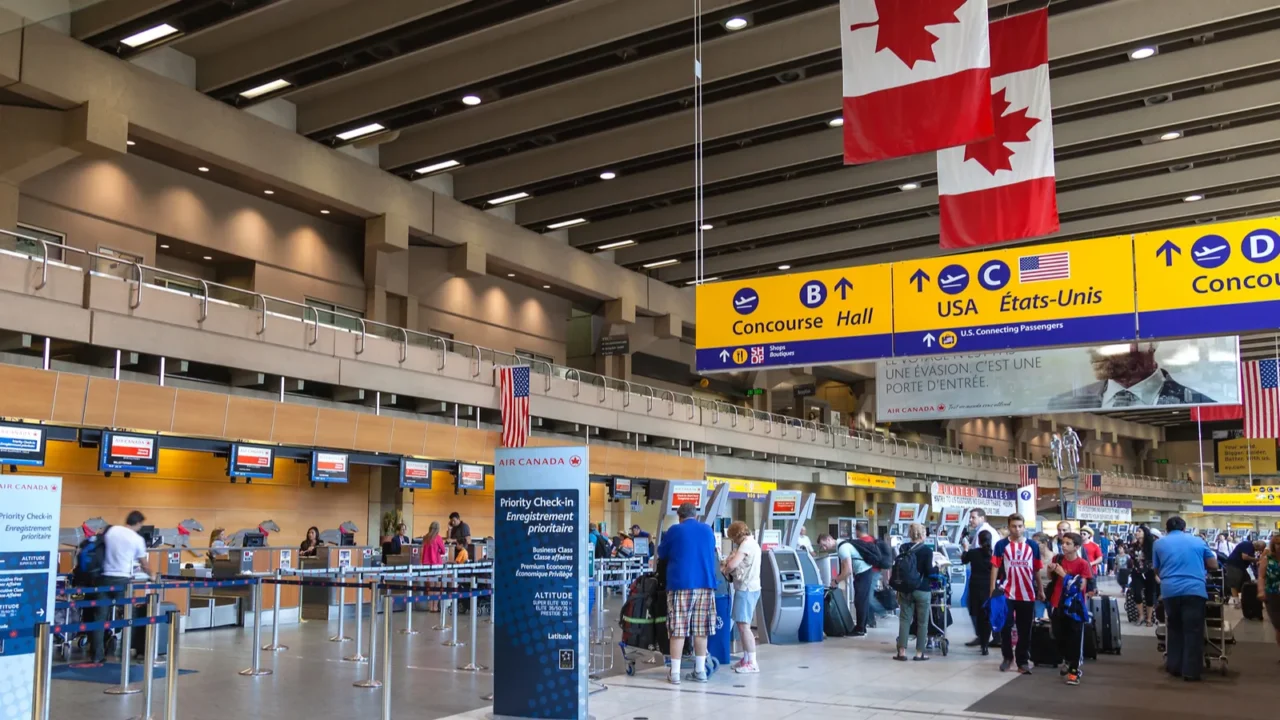
Canada and Brazil step in
Canada requires airlines to pay passengers up to $1,000 for major delays or cancellations under airline control. Brazil also enforces strict protections, including meal and lodging coverage that helps travelers avoid sudden out-of-pocket expenses.
These international rules show that U.S. travelers may be among the least protected when flights go wrong. For Americans traveling abroad, the difference in treatment can feel surprising, highlighting how varied passenger rights are worldwide.
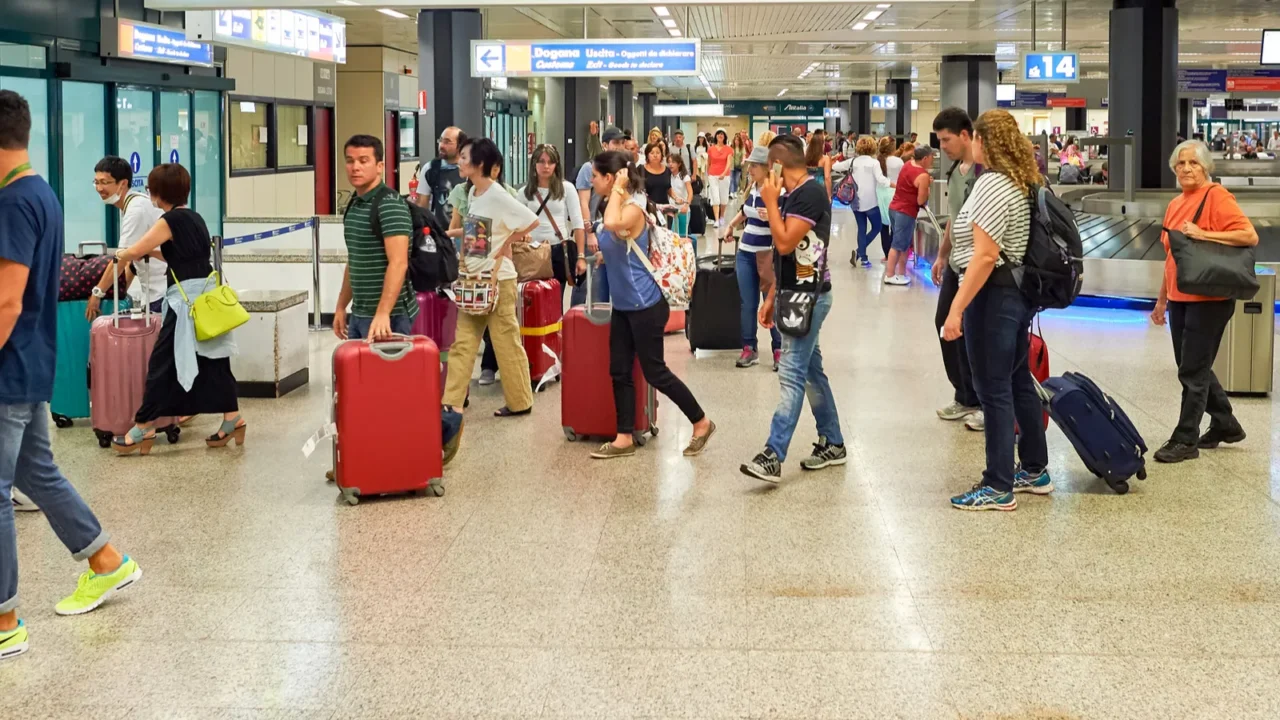
The Biden-era vision
Beyond cash payouts, the Biden team had wanted airlines to cover meals and hotel stays automatically. This would have taken the stress off passengers scrambling for help during overnight delays or missed connections.
The plan also encouraged rebooking on other airlines if a traveler was stranded, giving people more flexibility to get home faster. Supporters believed these changes would modernize airline accountability and make travel more predictable during disruptions.
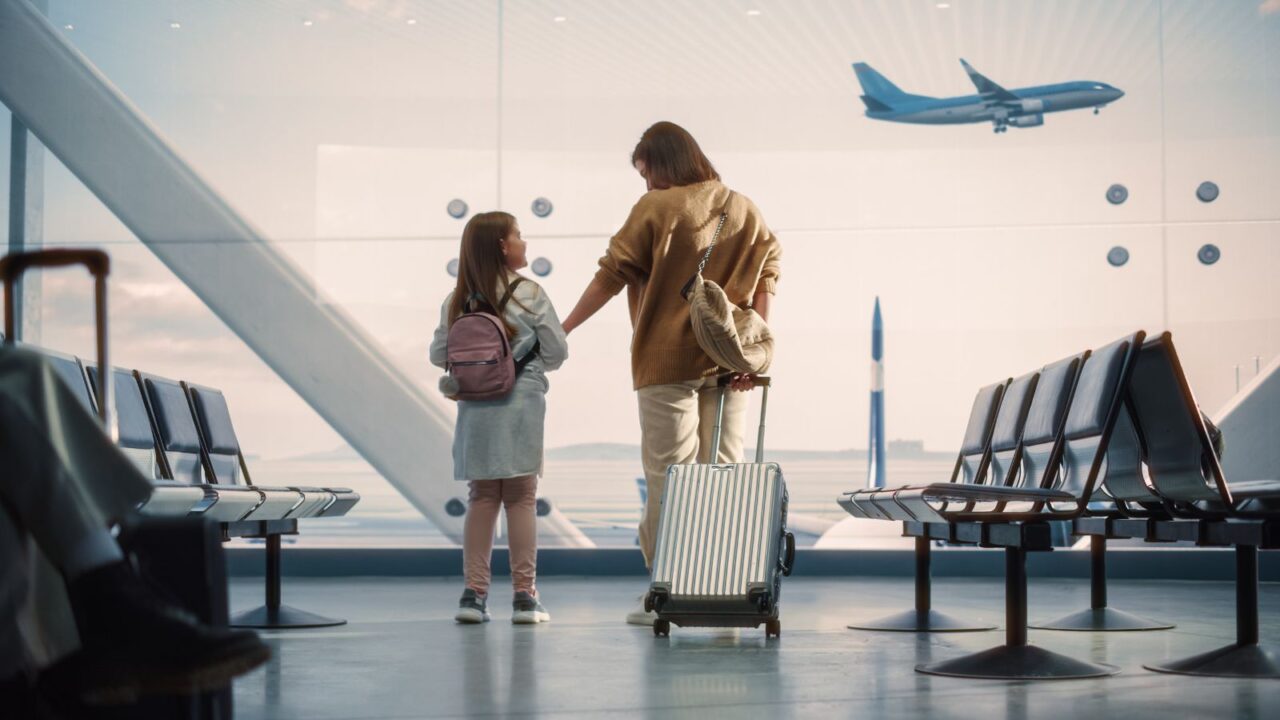
Why travelers supported it
For frequent fliers, the rule felt like long-awaited fairness. Passengers are often left covering costs when airlines cancel or delay flights, even when the airline is clearly responsible for the issue.
The proposed law promised to shift that burden back onto the companies, creating a more balanced system. For many, it was also seen as a way to rebuild trust with airlines after years of growing frustration over hidden fees and poor service.
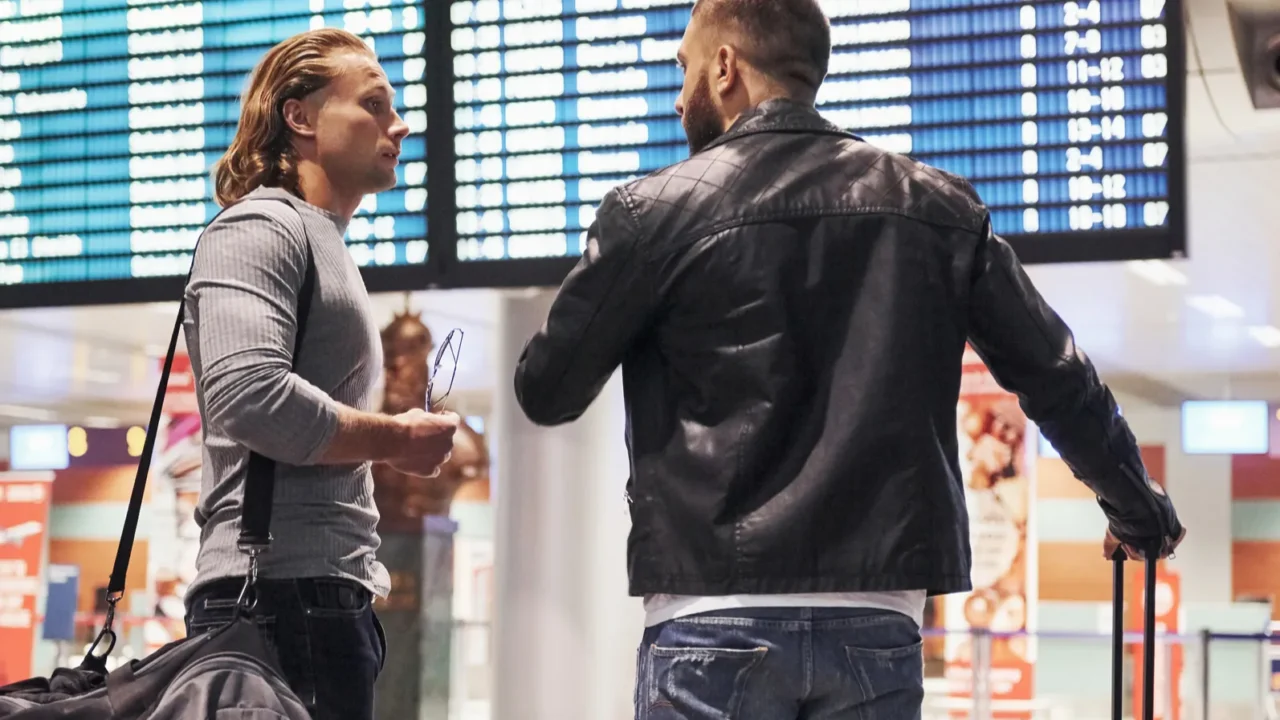
Airline lobbyists weigh in
Lobbyists argued that compensation would create billions in new costs each year. They said airlines might have to raise fares or cut routes to smaller cities to balance expenses, which could limit travel options for many.
These warnings were a key factor in convincing lawmakers and regulators to rethink the rule. With strong backing from airline executives, the industry successfully framed the regulation as a financial threat rather than a consumer benefit.
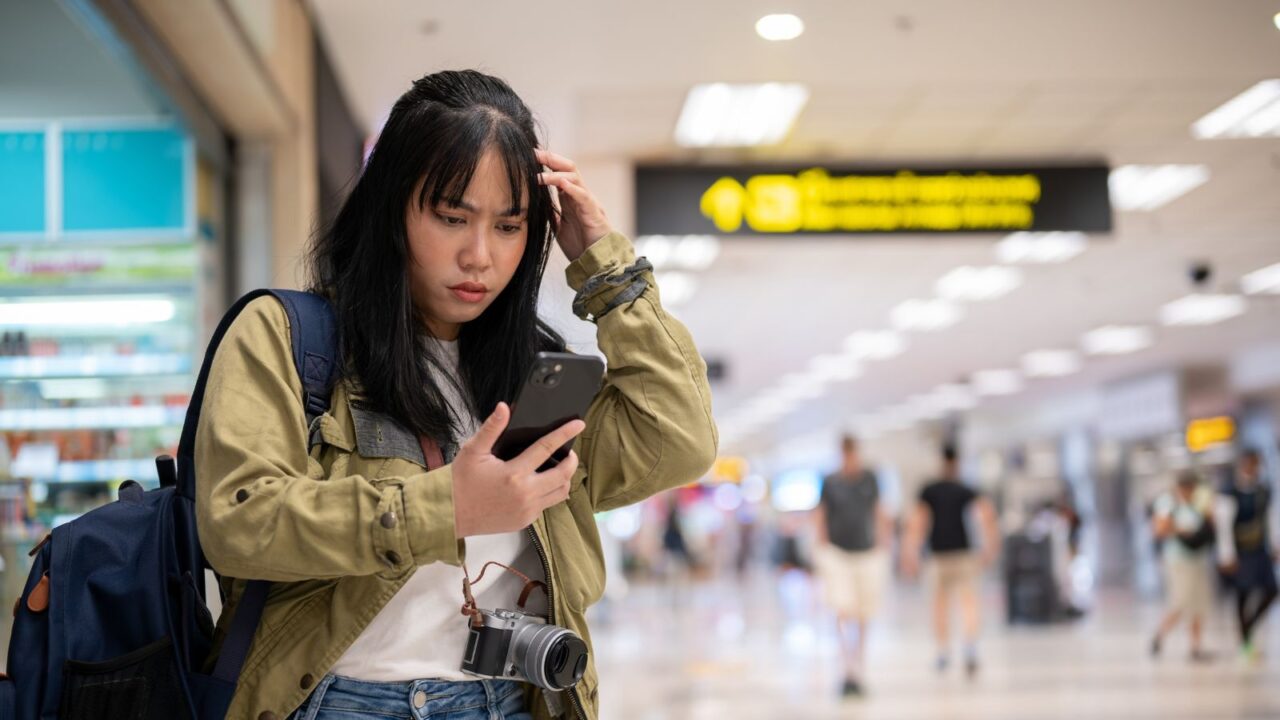
A setback for passenger rights
For many travelers, the rollback feels like a step backward. After years of discussions about stronger passenger protections, hopes for guaranteed payouts have now stalled, leaving many frustrated.
It leaves the U.S. in a position where flight disruptions remain a gamble with no guaranteed safety net. This could widen the gap between U.S. policy and international standards in air travel rights.
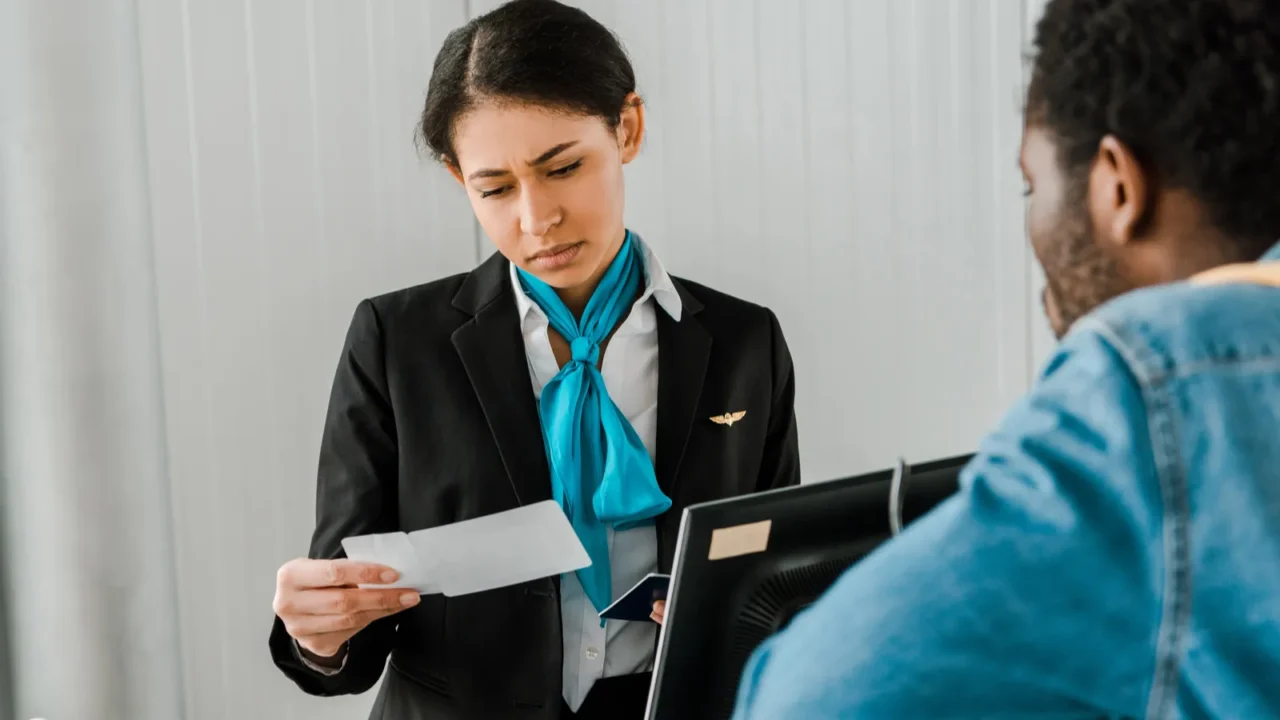
What passengers can do now
Without a federal rule, travelers need to pay closer attention to airline policies. Some carriers do provide vouchers, hotels, or meal credits, but it varies by company and situation.
Reading the fine print when booking a ticket can make the difference between getting help and being left on your own. Comparing policies before you fly is one of the best ways to protect yourself until clearer rules return. Want to avoid surprises? Learn the hidden airline fees, and how to dodge them.
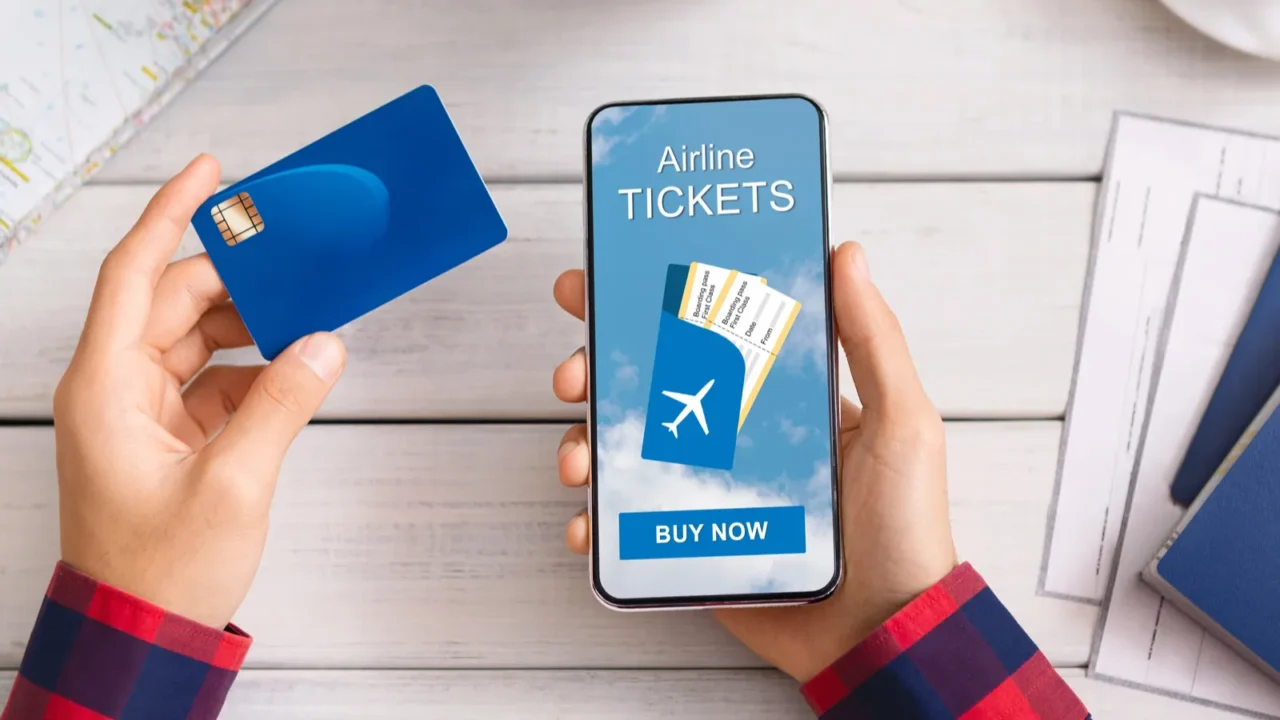
Will ticket prices really drop?
Airlines say removing compensation rules helps keep fares lower. But some experts believe savings may not actually reach passengers, since ticket prices often rise with demand regardless of regulations.
Instead, the industry could simply enjoy fewer costs without passing benefits along to travelers. This debate will likely continue in the months ahead, especially as travelers compare U.S. policies to those in other countries. Travelers are already comparing policies worldwide, see why a $250 U.S. entry fee is leaving tourists shocked.
Do you think airlines should be required to pay passengers for long delays, or is rolling back the rule the right move? Share your thoughts below.
Read More From This Brand:
- Why American tourists are falling out of love with Las Vegas
- Citizens of more than 70 countries can now visit China without a visa
- The Japanese ryokans and art museums that will make you want to return again and again
Don’t forget to follow us for more exclusive content right here on MSN.
This slideshow was made with AI assistance and human editing.